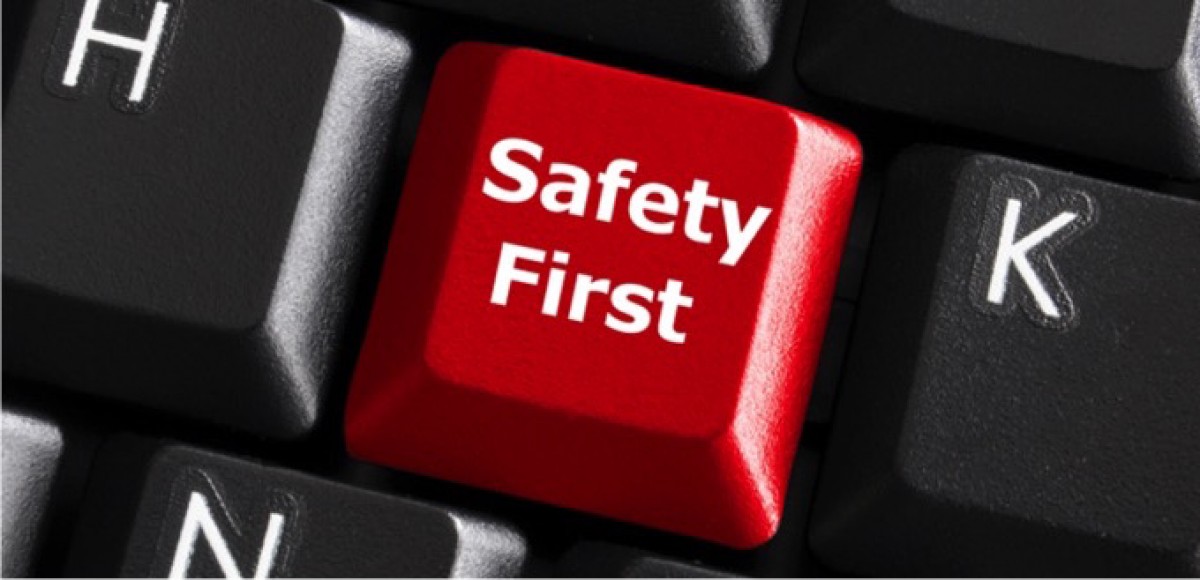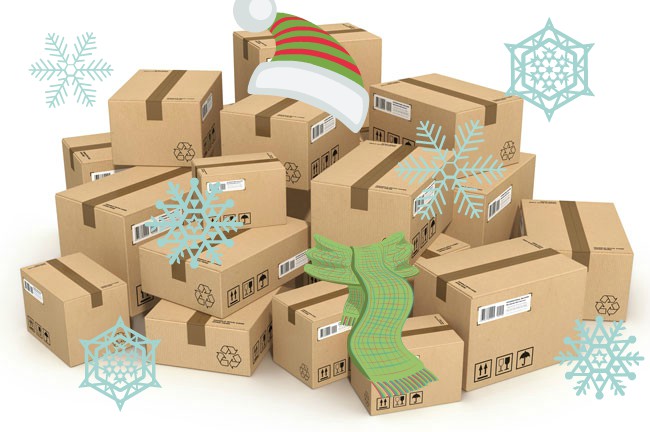 A recent study conducted for the National Institute of Aging found that about 22 percent of elderly Americans age 71 and older face challenges of declining mental or physical health. This could mean elders are going through subtle changes that make them vulnerable to scams or more susceptible to accidents. Safety both in and out of home is a top priority for our grandparents and there are many simple safety steps that will reduce the risk of accidents and dangers.
A recent study conducted for the National Institute of Aging found that about 22 percent of elderly Americans age 71 and older face challenges of declining mental or physical health. This could mean elders are going through subtle changes that make them vulnerable to scams or more susceptible to accidents. Safety both in and out of home is a top priority for our grandparents and there are many simple safety steps that will reduce the risk of accidents and dangers.
GENERAL HOME SAFETY
The following home safety tips can help keep you and your loved ones safe:
- Consider a medical alert system for your loved one(top 10 Systems described and ranked: here).
- Place a light weight fire extinguisher and smoke detectors on every floor of their home and be sure to check these items regularly. Fire Extinguishers expire over time and be sure to regularly test smoke detectors (to learn more about fire safety products click: here).
- Teach elderly loved ones to always get up slowly after sitting or lying down. Many of us can be taken off balance when we rise too fast. A change of behavior can prevent dizziness or falling by taking our time, and making sure to have your balance. Work with your loved ones to improve this action.
- If your grandparent is using a cane, walker or aid to walk be sure it has been medically approved by his/her physician.
- Remove or tack down all scatter rugs in his/her household as they are trip hazards.
- Remove electrical or telephone cords from traffic areas.
- Avoid using slippery wax on floors.
- Wipe up spills promptly.
- Let your loved ones know to avoid standing on ladders or chairs and to call on you or an assistant if they need help reaching something.
- Install sturdy rails for all stairs inside and outside the house, or, if necessary, purchase a stairlift.
- Install proper lighting throughout the household that illuminates without glare and make sure that pathways are equipped with timed night lights that will aid them in maneuvering after dark to the kitchen or bathroom.
- Make sure that all stair cases have good lighting with switches at top and bottom.
- Make sure that staircase steps should have a non-slip surface.
BATHROOM SAFETY
- Be sure to leave a light on in his/her bathroom at night or a motion sensitive light that will turn on when they enter the bathroom.
- Use recommended bath aids, securely installed on the walls of the bath/shower stall and on the sides of the toilet.
- Skid-proof the tub and make sure the bath mat has a non-slip bottom.
- To avoid scalds, turn water heater to 120 degrees Fahrenheit or below.
- Mark cold and hot faucets clearly.
- Use door locks that can be opened from both sides.
- If possible, bathe only when help is available.
KITCHEN SAFETY
- Keep floors clean and uncluttered.
- Illuminate work areas.
- Mark “on” and “off” positions on appliances clearly and with bright colors.
- Store sharp knives in a rack.
- Use a kettle with an automatic shut-off.
- Store heavier objects at waist level.
- Store hazardous items separate from food.
- Make sure food is rotated regularly and check expiration dates.
DRUG SAFETY
- Review your loved one’s medicines frequently with his/her doctor or pharmacist to be sure they are being taken properly, still needed or if any changes need to be made.
- Make sure medicines are clearly labeled by name, use, and instructions.
- Dispose of any old or used medicines.
- Have medication dispensed in a bubble pack or convenient dispenser for easy access.
- Check with his/her doctor or pharmacist before mixing non-prescription drugs and prescription drugs.
PERSONAL SAFETY
- Teach your grandparents to never provide any personal information to callers and, instead, retrieve a name and call back number to provide to you so that you can verify if unusual calls are valid or scams.
- Make sure your loved ones are aware of the dangers of the internet and the important steps necessary to avoid scams (to learn more about internet safety and dangerous scams click: here).
- Be sure your grandmother knows to never leave her purse unattended in her car, home or when in public as well as to never carry any cash, credit cards, social security card or valuables in a purse that could be easily snatched. She should know that if anyone is trying to attack her and grab her purse to just drop it and let them have it.
- For the safety of your loved ones as well as yourself, it is always best to carry your wallet or any cash in a front pocket, never in a rear pocket.
- Because the elderly are easy targets for home break ins/theft – they should avoid having large amounts of cash or valuables at home.
- For the safety of both yourself and your loved ones, be sure to tear up or shred all personal and financial information; never just throw it into the trash.
- Make arrangements to have Social Security checks direct-deposited to your loved one’s bank account.
These safety tips are valuable at any age, but particularly valuable for our susceptible loved ones who are elderly. Show them you love them by taking the time to teach them about the dangers of internet use, running errands alone in public places and items in their household which have the potential to cause harm.
And, most importantly, don’t forget to celebrate them today and every day. Tomorrow is promised to no one so enjoy their wisdom and give them thanks for your life and their love TODAY!










